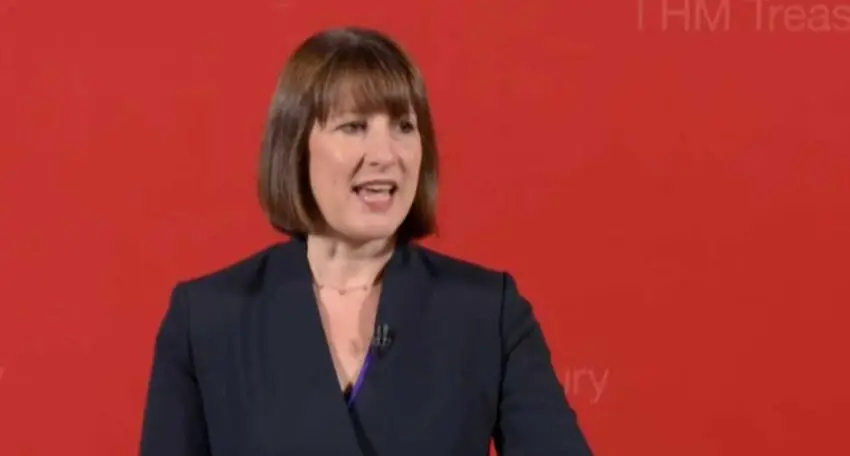Some leading economists believe the UK’s wealth boom isn’t benefiting everyone. They suggest that reforms could more effectively tax this growing wealth.
Research indicates that Britain’s wealth taxes are outdated and inefficient. This presents an opportunity to generate revenue and address inequality.
Wealth Boom and Inequality
Leading economists have pointed out that the UK is experiencing a significant wealth boom. The country’s wealth has grown from four times the national income to six times the national income today.
Despite the growth, the wealth is not equally distributed. Families in the top 10% possess £1.3m more per adult than those in the middle. This disparity highlights substantial wealth inequality in Britain.
Failed Wealth Taxes
The current wealth tax system in the UK is seen as ineffective. Wealth-related taxes remain low at about 3% of national income.
Key wealth taxes like inheritance tax (IHT) and capital gains tax (CGT) are criticized for their poor design. These taxes have not kept pace with the country’s booming wealth.
Many wealth taxes provide generous reliefs, allowing the very wealthy to pay lower taxes. Limiting or ending these reliefs could potentially generate up to £2bn annually.
Inheritance Tax (IHT) Reforms
Inheritance tax (IHT) offers numerous reliefs that favour the wealthy. Revamping these reliefs is suggested to promote fairness.
Senior economists believe that reforming IHT could generate substantial revenue. Specifically, it could contribute up to £2bn each year.
The proposal to reform IHT includes limiting exemptions and closing loopholes that currently benefit the richest individuals.
Capital Gains Tax (CGT) Reforms
Capital gains tax (CGT) is another area ripe for reform. Aligning CGT rates with income tax rates could significantly reduce tax avoidance.
Raising CGT rates on shares to match the dividend tax rate is a suggested measure. This reform could generate up to £7.5bn annually.
Together, the changes in CGT and IHT could bring in £9.5bn a year. This would assist in addressing the fiscal challenges faced by the government.
Economic Analysis
Simon Pittaway, a Senior Economist at the Resolution Foundation, has highlighted the wealth boom in the UK. He noted that wealth has grown significantly despite recent interest rate hikes.
“Over one in four people say they couldn’t cover an unexpected expense of £850,” Pittaway said. This statistic shows that many lack a basic financial safety net.
Modernising our wealth taxes could increase tax efficiency and generate crucial revenue.
Impact of Wealth Gaps
Wealth inequality is nearly double that of income inequality in Britain. This gap has left many families vulnerable.
Before the pandemic, three in ten families had less than £1,000 in savings. This lack of savings was starkly revealed during the cost of living crisis.
The concentration of wealth at the top, coupled with low wealth taxes, exacerbates these issues. Therefore, reforming wealth taxes could help bridge this gap.
Future Fiscal Plans
The Labour Chancellor aims to reduce debt as a proportion of GDP by the end of the parliamentary term. This goal can potentially be achieved through wealth tax reforms.
Reforming IHT and CGT is seen as a step towards achieving fiscal stability. It’s estimated that these reforms could generate around £10bn annually.
These funds would be crucial in addressing public spending and fiscal deficits left by the previous Conservative government.
Expert Opinions
Stuart Adam, a Senior Economist at the Institute for Fiscal Studies, supports the proposed tax reforms. He noted that current reliefs in CGT and IHT are hard to justify.
Adam mentioned the exemption of pension pots from inheritance tax as an example of unjustified reliefs. Addressing these issues could generate considerable revenue.
Experts agree that addressing the flaws in the wealth tax system is essential for fiscal health and fairness.
Leading economists opine that reforming wealth taxes like inheritance tax and capital gains tax could generate up to £10bn annually. This revenue is seen as crucial for addressing fiscal challenges.
Modernising the wealth tax system is considered essential for promoting fairness and reducing inequality in Britain.
By addressing flaws in the current tax system, the government could potentially secure funds that benefit wider society.


